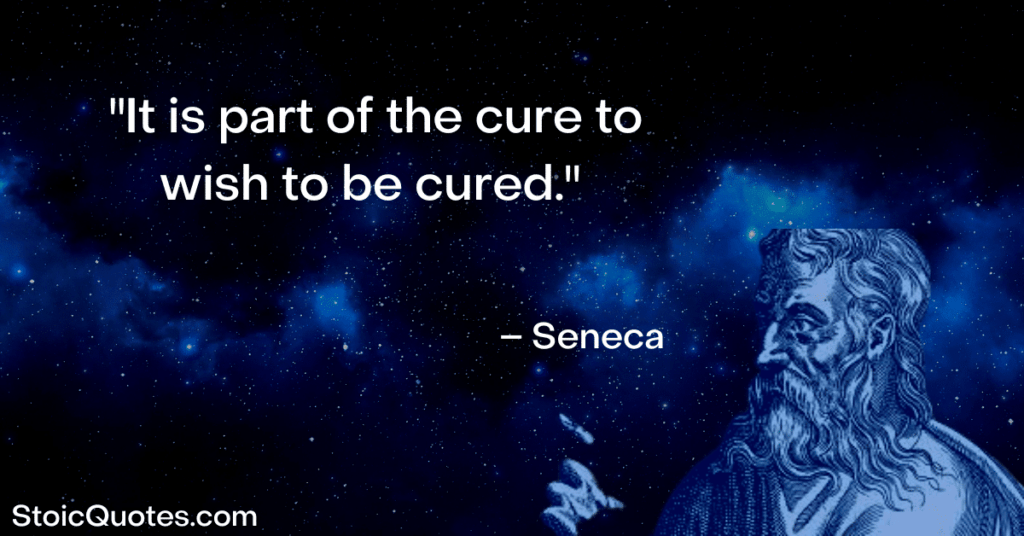Several years into my trauma filled journey and still ongoing healing, I stumbled upon a helpful little book: “Meditations”, a series of personal writings by Marcus Aurelius, Roman Emperor from AD 161 to 180, recording his private notes to himself and ideas on Stoic philosophy. I have been deeply involved with philosophical theories to make sense of the chaos in my life and broken mind, and generalized theories no longer served me. Additionally, my loss of religion, and continued striving for better, in me and others, led me to a search for a voice. I required some structure and workable, healthy and self-improving methods aligned with better than yesterday principles. And as I explored Stoicism and Marcus Aurelius, dedicated to fostering personal growth, resilience, and ethical excellence, I knew I found it.
A recent self discovery I made, revealed a continuous challenge to standardized approached of societal values and life choices. My newly discovered and continuously improving emphatic nature, it seems, often challenges limiting beliefs through strong anti-opinion and debate, perceived as aggressive opinion attacks, but later revealed to the receiver that sometimes choice is not a singular given, rather a investigation of options. It is in these moments of profound self-discovery, and looking for alternatives, that a tool set comes in handy, and the Stoic principles provide an insightful guide for such a journey. In self discoveries like these, it is important to take note and find the necessary adjustments. My ever restless improvement refuses peoples uncomfortable positions I may put them in, and changing approach to accommodate a healthy review of choice has been at the forefront of my current endeavors.
Self-Reflection and Acceptance
The first Stoic principle that resonates with my journey is self-reflection. Stoicism teaches us the importance of knowing ourselves, acknowledging our flaws, and accepting them with humility. When I received the diagnosis of Narcissistic Personality Disorder, it was a painful reckoning with my own nature. Stoicism taught me that this self-awareness was the first step on the path to healing, a necessary, painful reveal and ultimate release of the ‘sins’ of the past.

The Dichotomy of Control
Stoicism also emphasizes the dichotomy of control, urging us to focus our efforts on what we can change and accept what we cannot. My early life experiences, marked by my parents’ separation and the responsibilities thrust upon me, were beyond my control. Stoicism gifted me that I couldn’t change the past, but I could change my response to it. It was time to take control of my actions and choices.
Empathy and Compassion
My journey toward empathy, the antithesis of narcissism, is a testament to Stoicism’s teachings on compassion. Stoics teach us to cultivate compassion not only for others but for ourselves as well. I had to learn to forgive myself for the harm I had caused, recognizing that I too, was a flawed human being. This self-compassion allowed me to move forward on my healing journey.
Virtue and Character Development
Stoicism places a strong emphasis on the development of virtue and character. It encourages us to strive for wisdom, courage, justice, and temperance. As I distanced myself from the manipulative traits associated with NPD, I began and continue to cultivate and replace it with these virtues. As a determined unrelenting seeker of Wisdom, Stoicism guides me to make better choices, and Courage allowed me to confront my past, Justice drove me to make amends, and Temperance later helped me overcome my alcoholism, still one of the greatest gifts I have ever given myself.

5. The Power of Choice
One of the most empowering aspects of Stoicism is its emphasis on our power to choose our responses to life’s challenges. Ironically this piece for me has always been true to a large extent, and I realized that I had a choice – to continue down the destructive path of narcissism or to embark on the challenging but rewarding journey of self-improvement. Stoicism teaches us that true freedom lies in the mastery of our own choices. When faced with choice, make it, or in the end, there will be little control left at all.
6. Resilience and Endurance
Stoicism also guides us to the importance of resilience and endurance in the face of adversity. My journey to healing was and remains far from easy, and there were moments of doubt and despair. But the Stoic philosophy served as a steadfast anchor, reminding me to endure the hardships and stay committed to the path of virtue and self-improvement. Often identifying a bad trait, an overwhelming feeling of despair washes over me, only until Stoicism gives me resilient answers of the significant improvements already made, and the probability of success increases every time.
My Ongoing journey from narcissism to empathy and self-improvement is a deeply transformative one, actively guided by the timeless wisdom of Stoicism. It taught me that the human spirit is capable of profound change and growth, even in the face of the darkest of diagnoses. If you find yourself on a similar journey, I encourage you to embrace some of the Stoic virtues and disciplines: self-reflection, acceptance, empathy, virtue, choice, and resilience. May you find the strength to heal, to grow, and to become a better version of yourself.

As the Stoics, and Marcus remind us, it is not the circumstances that define us, but our responses to them. Embrace your journey, for it is through the trials and tribulations that we forge our character and find our true selves.
Wishing you strength, wisdom, and the courage to embark on your own path of healing and self-improvement.
Amor Fati



